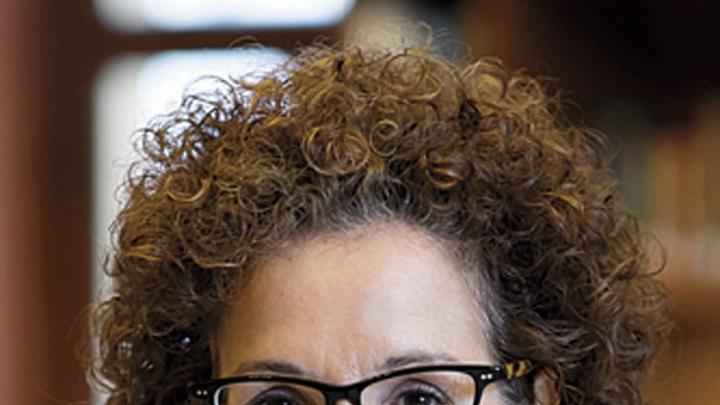National concerns about sexual assaults on campuses, and institutional responses to them, erupted at Harvard, too, in early spring. Among the salient developments:
• On March 31, the Crimson published “Dear Harvard: You Win,” a long, anonymous, first-person account of an unwanted sexual encounter. It alleged that the College’s response was insensitive and shaped by antiquated procedures and standards. The article received enormous attention, given its graphic detail, the attention already focused on campus sexual assaults nationwide, and the presence of alcohol as a factor in the case—one of the frequent complications in determining whether sexual activity was consensual.
• President Drew Faust e-mailed the community on April 3 to announce the formation of a task force to “Develop recommendations about how Harvard can improve efforts to prevent sexual misconduct.” Former provost Steven E. Hyman, a psychiatric researcher, chairs the group. (On May 13, he wrote to Faust suggesting, on behalf of the task force, several short-term measures: that Harvard augment staffing and resources for the Office of Sexual Assault and Prevention Response—which was created in 2003, when he was provost; create a website with resources for people who have experienced sexual assault or harassment; improve student orientation and training by this fall; and survey the campus to determine the incidence of sexual assault. Faust immediately accepted all the recommendations.)
The task force’s focus complements work done by the University’s new Harvard-wide Title IX coordinator, Mia Karvonides, hired in 2013. (Title IX refers to the relevant 1972 federal education amendments that prohibit gender discrimination). Karvonides has been overseeing efforts to bring Harvard policies into compliance with what the charge to the task force termed “evolving legal requirements”—an updating on which the University has trailed other institutions. Those requirements include new federal legislation, 2011 guidance from the U.S. Department of Education’s (DOE) Office of Civil Rights, and a cabinet-level task force convened by President Barack Obama. Among the substantive matters at issue on many campuses are language requiring affirmative consent to sexual activity, and, at Harvard, using “the preponderance of evidence” as the standard of proof in adjudicating cases (the 2011 DOE guidance)—rather than the Administrative Board’s stricter requirement that it be “sufficiently persuaded” a violation occurred. Almost all Ivy League schools had adopted the “preponderance” standard by this spring.
• Also on April 3, the Crimson broke the news that a member of the student group Our Harvard Can Do Better had filed a complaint with the DOE civil-rights office on March 28, alleging that the College’s sexual-assault policies violate federal law. She and another lead complainant, and testimonials from 10 other students, focused on the conflicting guidance they received from House advisers about their options and on the inconsistent information on changing residences, among other issues. (Some 55 schools, including the College and the Law School, are now being investigated by the civil-rights office for issues related to their handling of sexual assaults.)
• At an Undergraduate Council forum on April 16, Faust disclosed that Harvard had filed its proposed, updated University policy on sexual assaults with the DOE office for review—potentially addressing the legal-compliance challenges. Securing approval, a mandated first step in improving campus conditions, is not automatic: Tufts and the government engaged in a public standoff over whether its revised policies comply with the federal standards; and the White House and DOE office subsequently issued a sample survey for investigating conditions on campuses, a checklist for sexual-misconduct policies, and other guidance—dozens of pages of new documentation for lawyers to process.
Each school will have to bring its policies into conformity with the University requirements, once those pass federal muster. On May 6, Dean Michael D. Smith announced the Faculty of Arts and Sciences Committee on Sexual Misconduct Policies and Procedures to lead this work within FAS. Its chair, professor of history Alison Johnson, also serves on Hyman’s prevention task force.
All that work may be the easy part. The task force is likely to recommend broader education for students and training for administrators, with an eye toward changes in campus culture. The mix of young people exploring relationships, sometimes accompanied by access to alcohol, in a new setting away from home, has never been free of emotional complications, nor wholly guided by rationality, mature experience, or rules in a student handbook.
Lest anyone involved forget that Harvard, too, is a worldly community (even apart from matters of sexual conduct), Dean Smith had the unhappy duty of informing the faculty on April 1 that three undergraduates had been expelled earlier in the year for violating rules on physical violence (in all three instances), plus diverse infractions concerning drugs, alcohol, and firearms (in two of the cases). The challenge in addressing sexual assault is that the University is populated by imperfect human beings, not angels.








